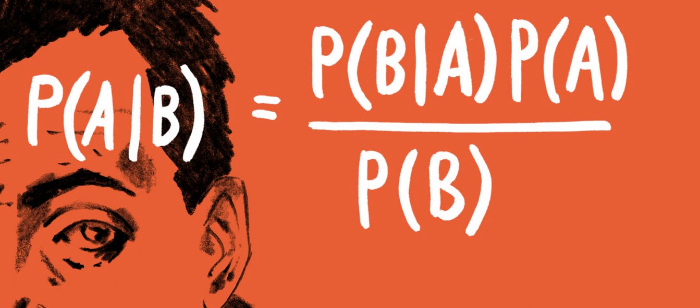
Changing the Landscape of Voting and Voter Registration through Universal Design
Dr. Juan E. Gilbert
School of Computing
Clemson University
12:00-1:00pm Wednesday, 28 March 2012
room 459 ITE Building, UMBC
Subsequent to the debacle of the 2000 U.S. Presidential election, it became abundantly clear that America’s archaic voting system was in dire need of a major overhaul. Consequently, Direct Recording Electronic (DRE) voting machines were purchased by several states. The use of these machines has not been without controversy with respect to security, trust and ease of use. Professors and security research teams have found several vulnerabilities in current voting technologies. In 2002, the Help America Vote Act (HAVA) was created to provide all citizens equal access to participate in the electoral process, regardless of ability. The Prime III voting system, http://www.PrimeVotingSystem.com , is a secure, multimodal electronic voting system that takes a universal design approach to address security, trust and ease of use. Dr. Gilbert and his research team were recently awarded a $4.5 million dollar grant from the U.S. Election Assistance Commission to conduct research on accessible voting technologies.
Dr. Juan E. Gilbert is an IDEaS Professor and Chair of the Human-Centered Computing Division in the School of Computing at Clemson University where he leads the HCC Lab. He is also a Professor in the Automotive Engineering Department at Clemson University. Dr. Gilbert is a Fellow of the American Association for the Advancement Science (AAAS), an ACM Distinguished Scientist, National Associate of the National Research Council of the National Academies, an ACM Distinguished Speaker and a Senior Member of the IEEE Computer Society. In 2011, Dr. Gilbert was given a Presidential Award for Excellence in Science, Engineering and Mathematics Mentoring by President Barack Obama.






